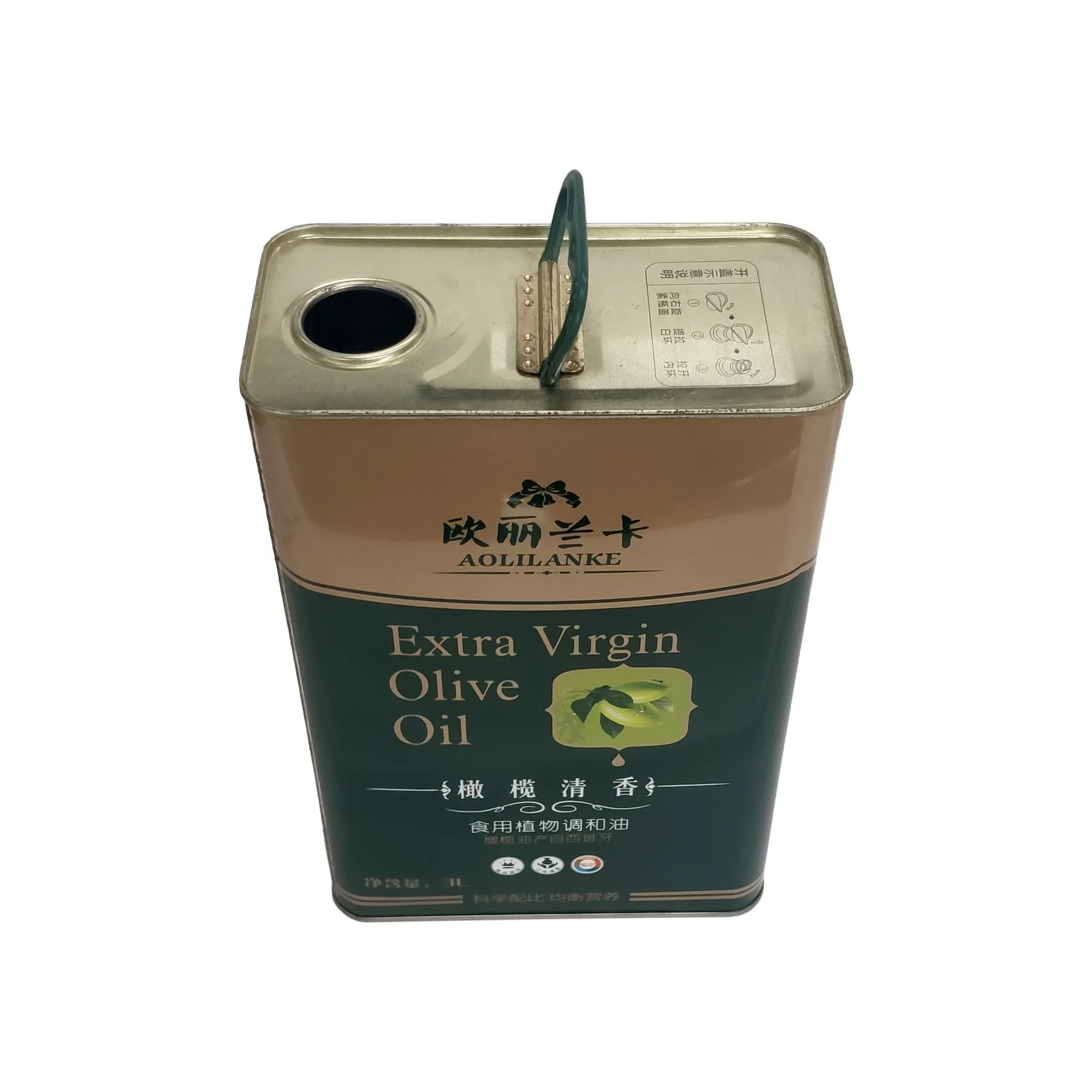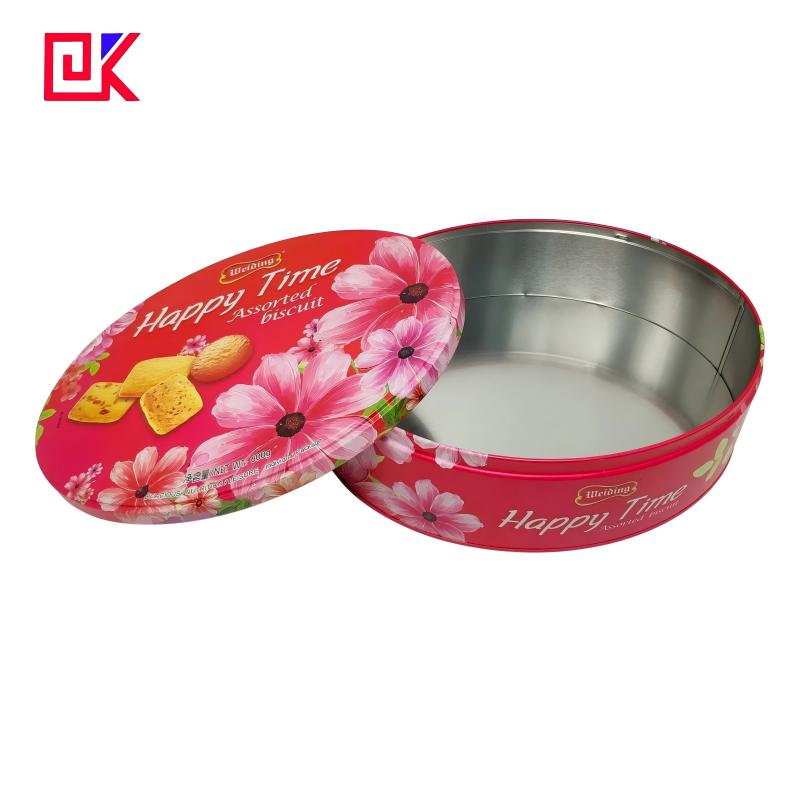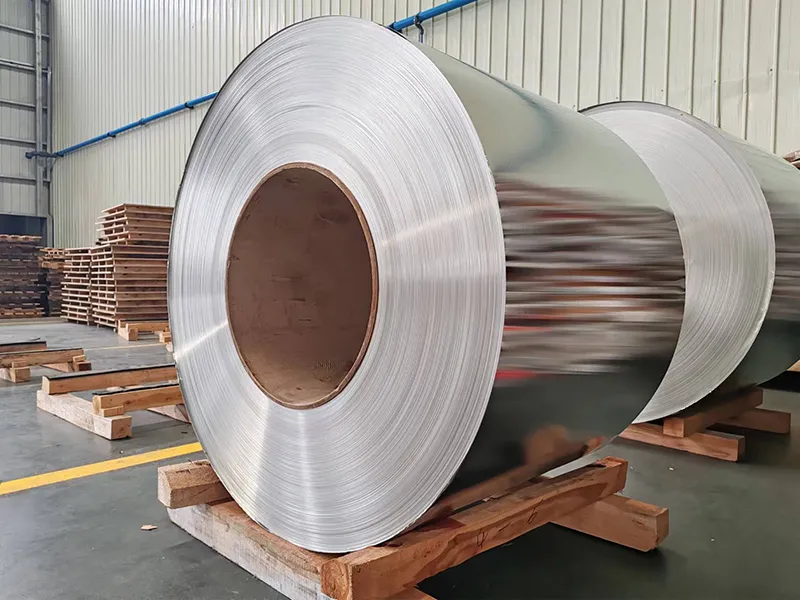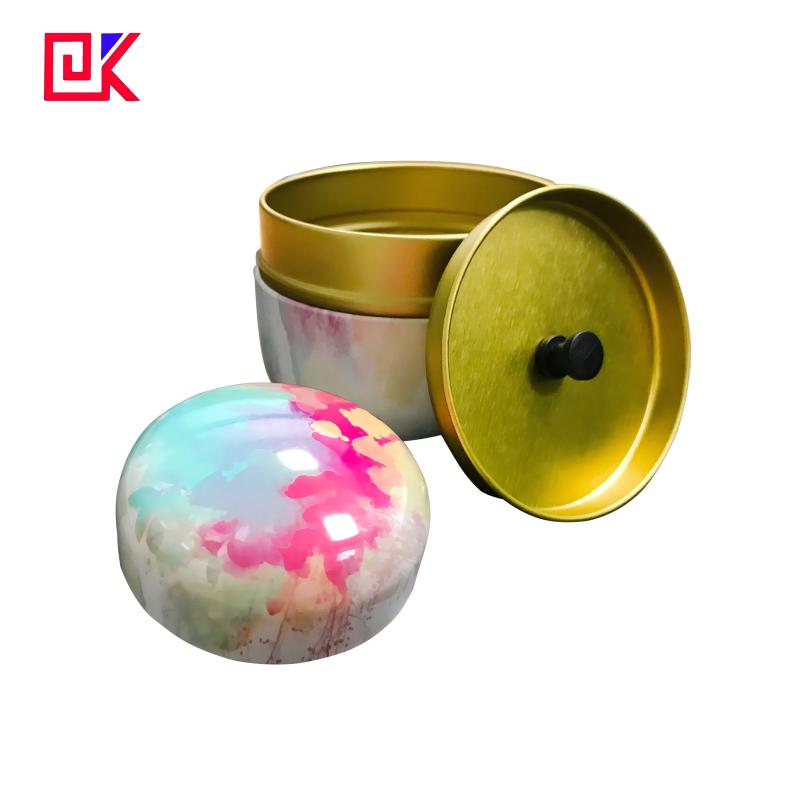In modern society, food packaging comes in a variety of forms, and metal cans are among the most important. The invention of this food packaging method can be considered a landmark innovation in human history. It not only greatly improved food preservation but also profoundly impacted the global economy, warfare, population migration, culinary culture, and other aspects.
This article will analyze in detail the profound impact of the invention of metal food cans on human society, from its historical origins to the social, economic, and cultural changes it has brought.

When were metal cans invented?
The invention of metal can packaging dates back to the early 19th century, closely linked to the wartime needs of the time. In 1809, French inventor Nicolas Appert, responding to the French government's call, proposed a new method for preserving food using sealed containers. At the height of the Napoleonic Wars, long-distance marches and battles necessitated large quantities of long-lasting food, prompting the exploration of food preservation technologies. Appert's method used glass bottles as containers, which, through sealing and high-temperature heating, preserved food for long periods of time.
However, while glass bottles could preserve food, they were prone to breakage during transportation and use, making them a less-than-ideal solution. Therefore, in 1810, British businessman Peter Durand obtained a patent for sealing food in metal cans, thus giving rise to metal can food packaging. Subsequently, with the development of the Industrial Revolution, metal can production technology continued to improve, and its application rapidly expanded from the military to the civilian market.
The Impact of the Invention of the Metal Can on Food Safety and Shelf Life
The invention of the metal can revolutionized food preservation, most notably significantly extending the shelf life of food.
1. Preventing Food Spoilage
Before the invention of the metal can, food preservation primarily relied on traditional methods such as pickling, sun-drying, and fermentation. While effective, these methods all had limitations. Spoilage bacteria and enzymes can cause food to spoil quickly, making food preservation even more challenging in hot and humid climates. As a sealed packaging method, metal cans can isolate food from air and bacteria while simultaneously sterilizing it at high temperatures, significantly reducing the chance of spoilage and extending its shelf life. This not only reduces food waste but also improves food safety.
2. Improving Food Transportation Safety
The sturdy structure of metal cans excels in long-distance transportation, especially in extreme environments, where canned foods are less susceptible to external influences. Metal cans are an ideal packaging option for food that needs to be transported long distances. Whether on sea voyages, on warfronts, or in harsh climates, metal cans effectively protect food from external damage, ensuring it reaches its destination safely and safely over a long period of time.

A Driving Force for Global Trade and Economic Development
The invention and widespread adoption of metal cans provided crucial technological support for the development of global trade, facilitating the international flow of food and driving global economic prosperity.
1. Expanding the Distribution Range of Food
The extended shelf life of food allows food to be transported over greater distances. This allows foods previously produced in specific regions to be exported globally, driving the growth of international food trade. For example, perishable foods such as fruits, vegetables, and meat can be shipped worldwide from their producing countries through canned packaging, thereby facilitating food trade between different countries and regions. Metal can packaging freed these foods from seasonal and geographical restrictions, allowing consumers to enjoy fresh fruits, vegetables, and meat even in winter or in remote areas.
2. The Industrialization of the Food Industry
The invention of metal can packaging marked the beginning of a new era of industrialized production in the food processing industry. The mass production of canned foods made food processing a large-scale and standardized industry. With improved food production efficiency, food costs significantly decreased, and canned foods gradually became a daily staple for consumers from all walks of life. The industrialization of the food industry also further promoted economic development, created numerous jobs, and spurred the prosperity of related supporting industries such as metal processing, transportation, and packaging.

The Importance of Metal Cans in Warfare
The invention of metal cans had a significant impact on warfare, particularly during the wars of the 19th and 20th centuries, when canned foods became a staple of soldiers' rations, ensuring the combat effectiveness of the army.
1. Solving the Military Food Supply Problem
During wartime, soldiers required large quantities of long-lasting food to withstand prolonged combat and long-distance marches. Traditional food storage methods were unable to meet the demands of modern warfare, especially when supply chains were disrupted or resupply was difficult. The advent of canned food revolutionized military supply methods. Canned food could be stored for long periods of time and easily transported and distributed, significantly improving military logistics.
During the two world wars, canned food became a vital military supply, even being called "life-saving food during wartime." Soldiers relied on canned food to maintain their strength on the battlefield, and the availability of canned food largely determined the army's endurance.
2. Reducing Food Waste During Wartime
Food shortages were a common problem in wartime. Traditional foods were perishable and difficult to store for long periods, resulting in significant waste. The invention of metal cans not only extended the shelf life of food but also reduced food waste, playing a crucial role in wartime logistics. Large quantities of food stored in metal cans allowed for better management and distribution, preventing interruptions in food supply.
Metal Cans Changed the Way We Eat
Metal can packaging not only changed how food was stored but also profoundly impacted human eating habits, particularly in terms of convenience and variety in daily life.
1. Convenient Diet
The widespread use of canned foods has dramatically transformed people's diets. Consumers no longer need to purchase fresh ingredients daily and undertake tedious cooking preparations. Canned foods offer a ready-to-eat, convenient option. Whether homemakers, office workers, or travelers, canned foods have become a staple in many households due to their convenience and easy storage.
2. Increased Dietary Diversity
The advent of canned foods has also enabled consumers to enjoy a wider variety of foods. In the past, due to shelf life and transportation restrictions, many foods were only available in specific regions and seasons. Today, the global distribution of canned foods allows consumers in different regions to enjoy specialties from around the world, greatly enriching their daily diets. Whether canned fruits, vegetables, meat, or seafood, the diversity of canned foods meets consumers' diverse food needs.

Long-Term Environmental and Social Impacts
While metal can packaging improves food safety and promotes economic development, it also has certain environmental and social impacts.
1. Environmental Impacts
The production and recycling of metal cans have certain environmental impacts. Although metal cans are recyclable, their production consumes significant amounts of energy, particularly during the smelting and processing processes, which emit greenhouse gases. Furthermore, the widespread use of metal canned food has driven the production and consumption of large quantities of industrialized food, a trend that has, to a certain extent, exacerbated the depletion of natural resources.
2. Social Impact
The popularity of metal canned food has also triggered certain social impacts. While it improves food convenience and shelf life, it can also, in some cases, lead to a decline in food quality. Over-reliance on canned food may lead to a decrease in fresh food consumption, impacting people's health and dietary habits. Therefore, while the invention of metal canned food brings convenience, balancing convenience with health has become a critical issue for modern society.
Can Dekai provide customized metal packaging solutions?
Yes. Dekai specializes in customized tinplate packaging for different industries. Whether you need printed tinplate sheets, aerosol cans, or metal lids, our factory in Foshan, China, can deliver wholesale supply with flexible MOQs. We offer discount prices while ensuring premium quality. Our advanced UV printing machines allow for high-resolution branding, which helps companies improve their product image.

